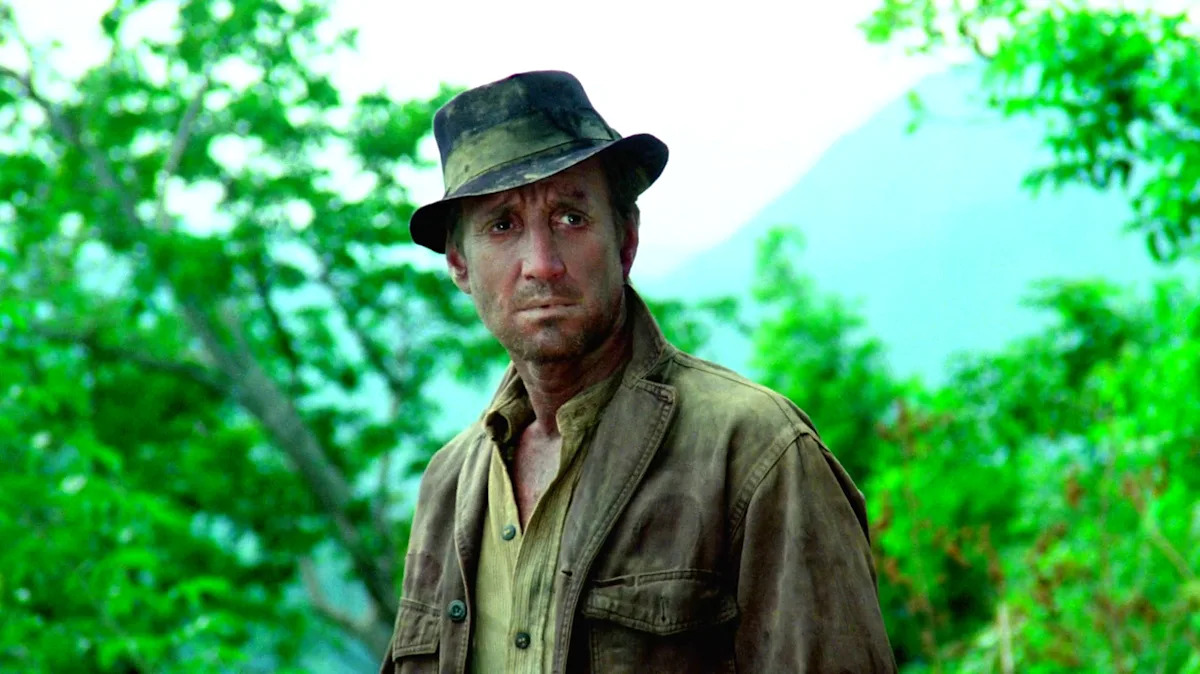Home / Arts and Entertainment / Quentin Tarantino Praises Forgotten '70s Thriller "Sorcerer" as a Masterpiece
Quentin Tarantino Praises Forgotten '70s Thriller "Sorcerer" as a Masterpiece
16 Nov, 2025
Summary
- Quentin Tarantino calls "Sorcerer" one of the greatest films of all time
- "Sorcerer" was a 1977 thriller directed by William Friedkin
- The film's intense bridge scene left a lasting impact on Tarantino

Quentin Tarantino, one of the most acclaimed directors of our time, has long been a passionate advocate for the 1977 thriller "Sorcerer." Directed by the late William Friedkin, the film was a commercial flop upon its initial release but has since been recognized as a masterpiece, influencing a new generation of filmmakers.
Tarantino has openly expressed his adoration for "Sorcerer," calling it one of the greatest movies ever made. The film's gripping action and nail-biting tension have made it a favorite among directors, including Francis Ford Coppola and Christopher Nolan. Tarantino was so enamored with the movie that he even cast its star, Timothy Olyphant, in his own film "Once Upon a Time in Hollywood."




